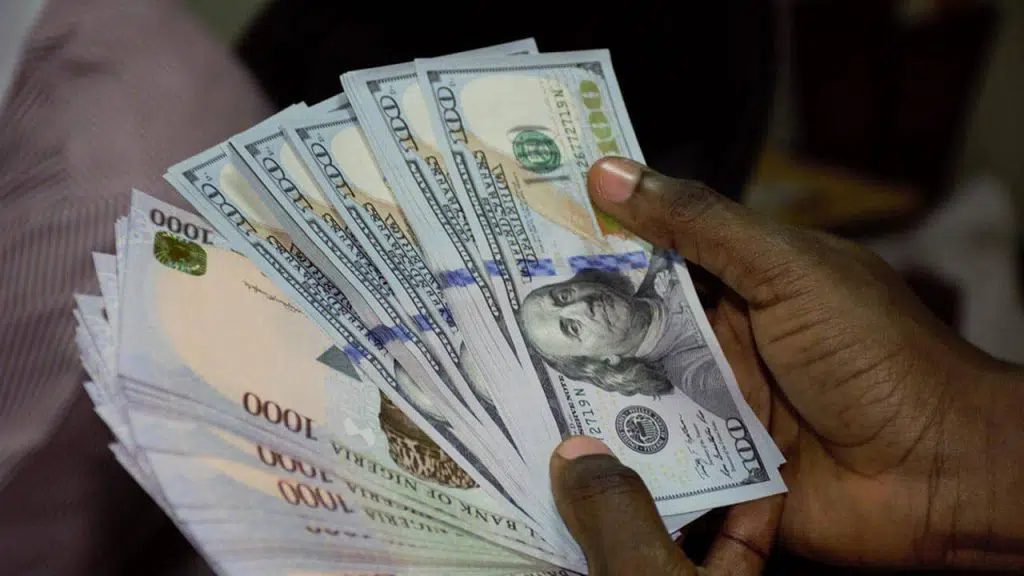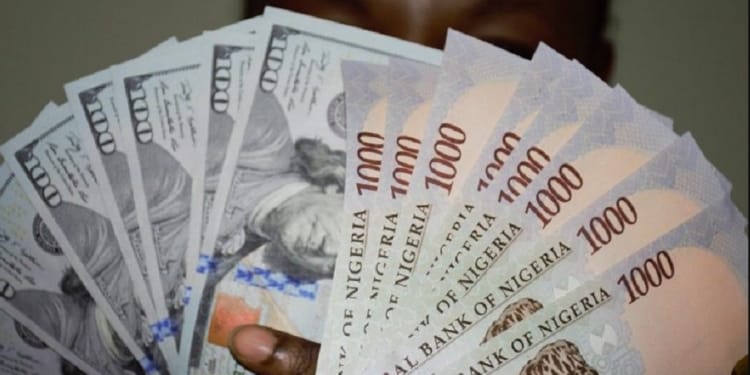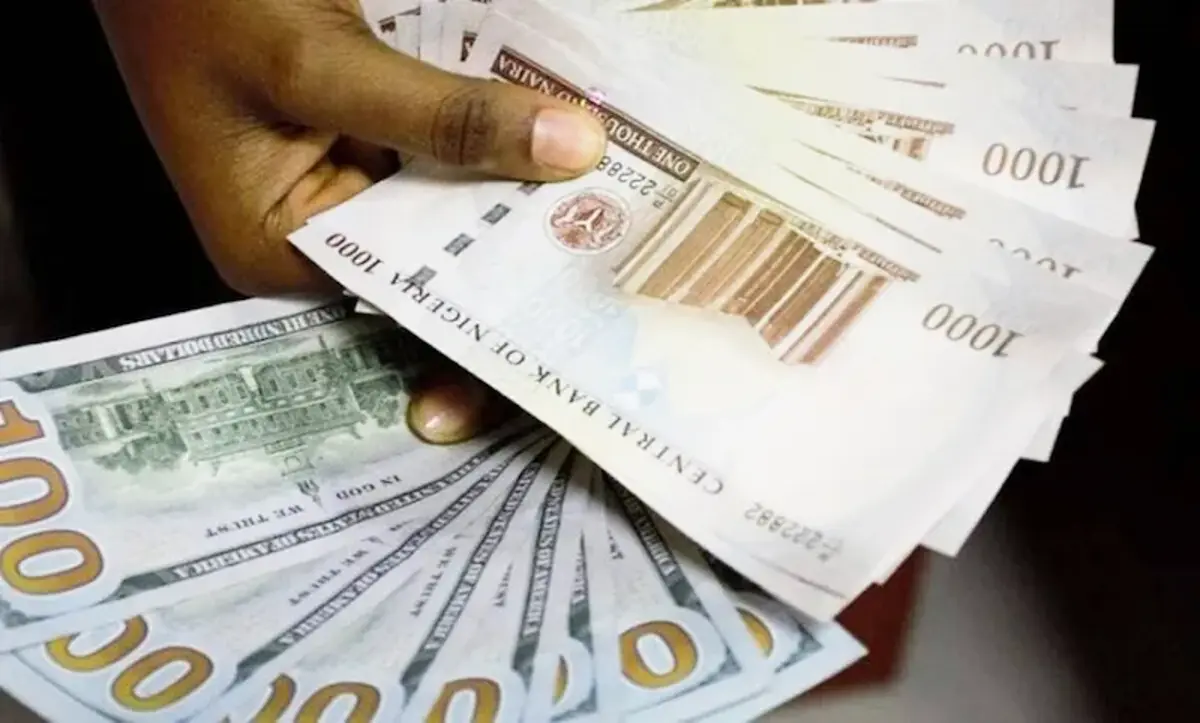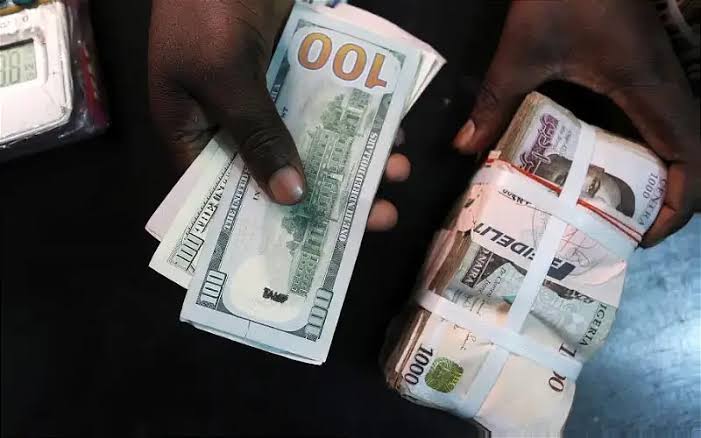Business
Naira Resists Dollar Pressure, Trades At ₦513 As AUS Dollar Plunges Nine-month Low

- The local currency opened the day at ₦515 to a United States Dollar but at the Bureau De Change segment, the Naira exchanged at ₦513 to a United States Dollar, ₦705 to a British Pound and ₦600 to a single Euro.
The Nigerian Naira was largely unchanged against the United States Dollar on Tuesday morning at the parallel market known as the Black market.
READ ALSO: NAIRA PRESSURISES DOLLAR TO FALL BEYOND ₦515
The local currency opened the day at ₦515 to a United States Dollar. While against the British Pound and the Euro, the Naira exchanged at ₦705 and Euro, respectively.
At the Bureau De Change segment, the Naira exchanged at N513 to a United States Dollar, ₦705 to a British Pound and ₦600 to a single Euro.
Economic uncertainty continues to dictate the Nigerian Naira’s outlook, especially after the series of changes implemented by the Central Bank of Nigeria (CBN) to prop up the value of the local currency, curb the activities of speculators and hoarders at the unregulated black market and converge the nation’s exchange rates.
However, weak foreign reserves amid chronic forex scarcity remained the bane of Nigeria’s forex predicament.
The inability of the Central Bank of Nigeria to service the economy with enough forex given the structure of the economy as an import-dependent economy continues to escalate the price of import goods and the profit of imports dependent businesses.
The US dollar was up 0.1% at 92.701, after gaining in the previous session. The euro was steady against the dollar at $1.1771.
The Australian dollar fell to a nine-month low after central bank meeting minutes were seen as dovish and by 1138 GMT was down 0.6% on the day at $0.7293.
The minutes showed the Reserve Bank of Australia (RBA), which surprised markets by sticking to its plan to start tapering bond buying, would be prepared to take policy action, should coronavirus lockdowns across the country threaten a deeper economic setback.
The safe-haven Japanese yen and the Swiss franc were close to the previous session’s 10-day high versus the dollar.
The two currencies were boosted in recent days by weak economic data from the United States and China which stoked worries that the spread of the Delta variant could slow the economic recovery from COVID-19.
The number of employees on British company payrolls moved closer to its pre-pandemic level last month and, at 4.7%, the unemployment rate was slightly below the 4.8% forecast by economists polled by Reuters. But the pound was still down by about 0.3% on the day, as the effect of the stronger dollar dominated over the domestic news.
The New Zealand dollar tumbled to its lowest in nearly three weeks on Tuesday after the country identified its first COVID-19 case since February, prompting the government to announce new short-term lockdown measures.
The currency fell sharply in early Asian trading hours, extending losses around 0630 GMT when Prime Minister Jacinda Arden said that Auckland – where the case was reported – would go into lockdown for seven days, while New Zealand as a whole will have the toughest level of lockdown for three days.
At 1126 GMT, the New Zealand dollar was down 1.4% at $0.6927, its lowest in 20 days and on track for its biggest daily fall since May.
New Zealand has followed a go-hard-and-early strategy that has helped it virtually eliminate COVID-19 domestically, allowing people to live without restrictions although its international borders remain largely closed.
Advertise or Publish a Story on EkoHot Blog:
Kindly contact us at [email protected]. Breaking stories should be sent to the above email and substantiated with pictorial evidence.
Citizen journalists will receive a token as data incentive.
Call or Whatsapp: 0803 561 7233, 0703 414 5611











